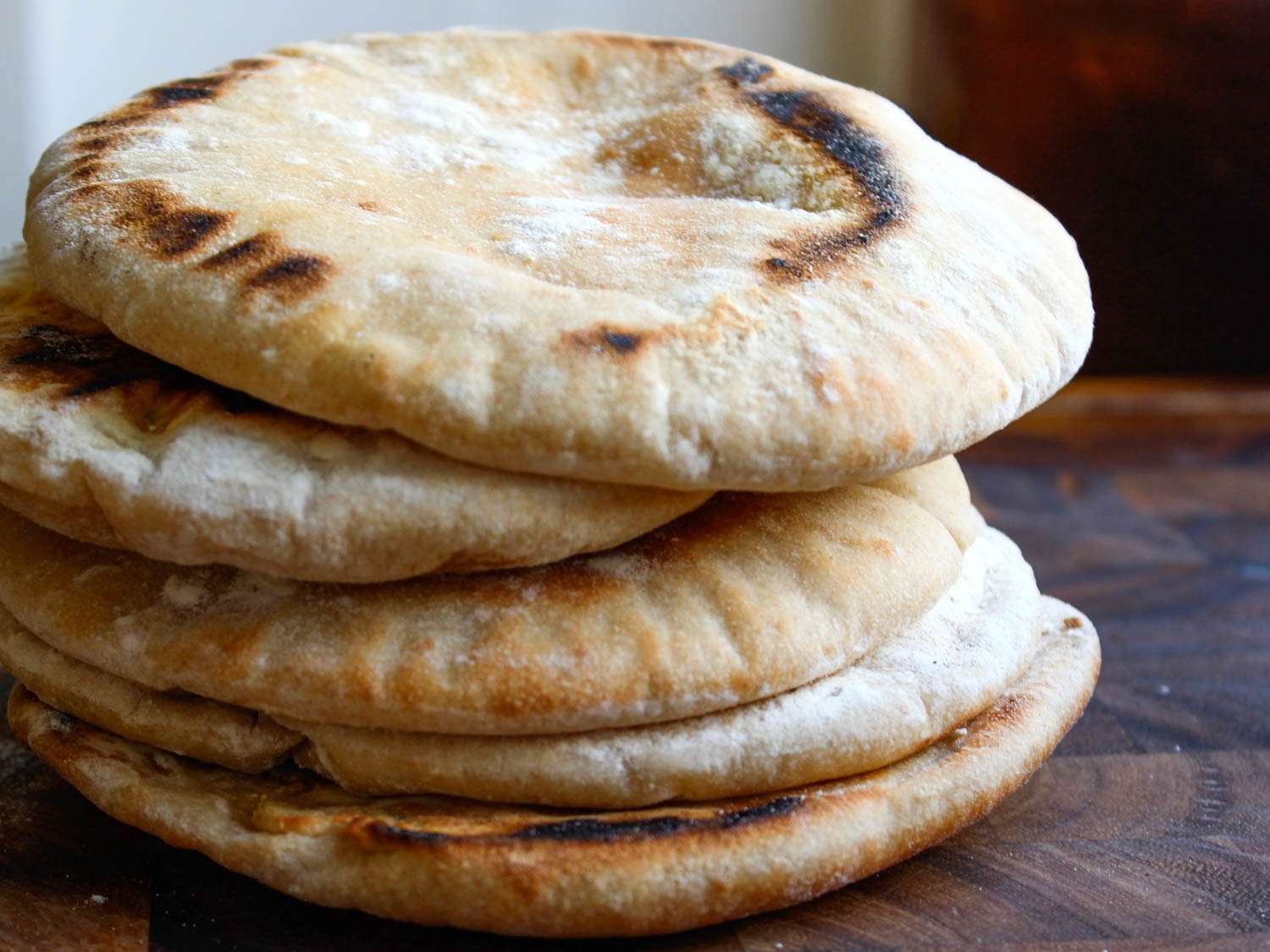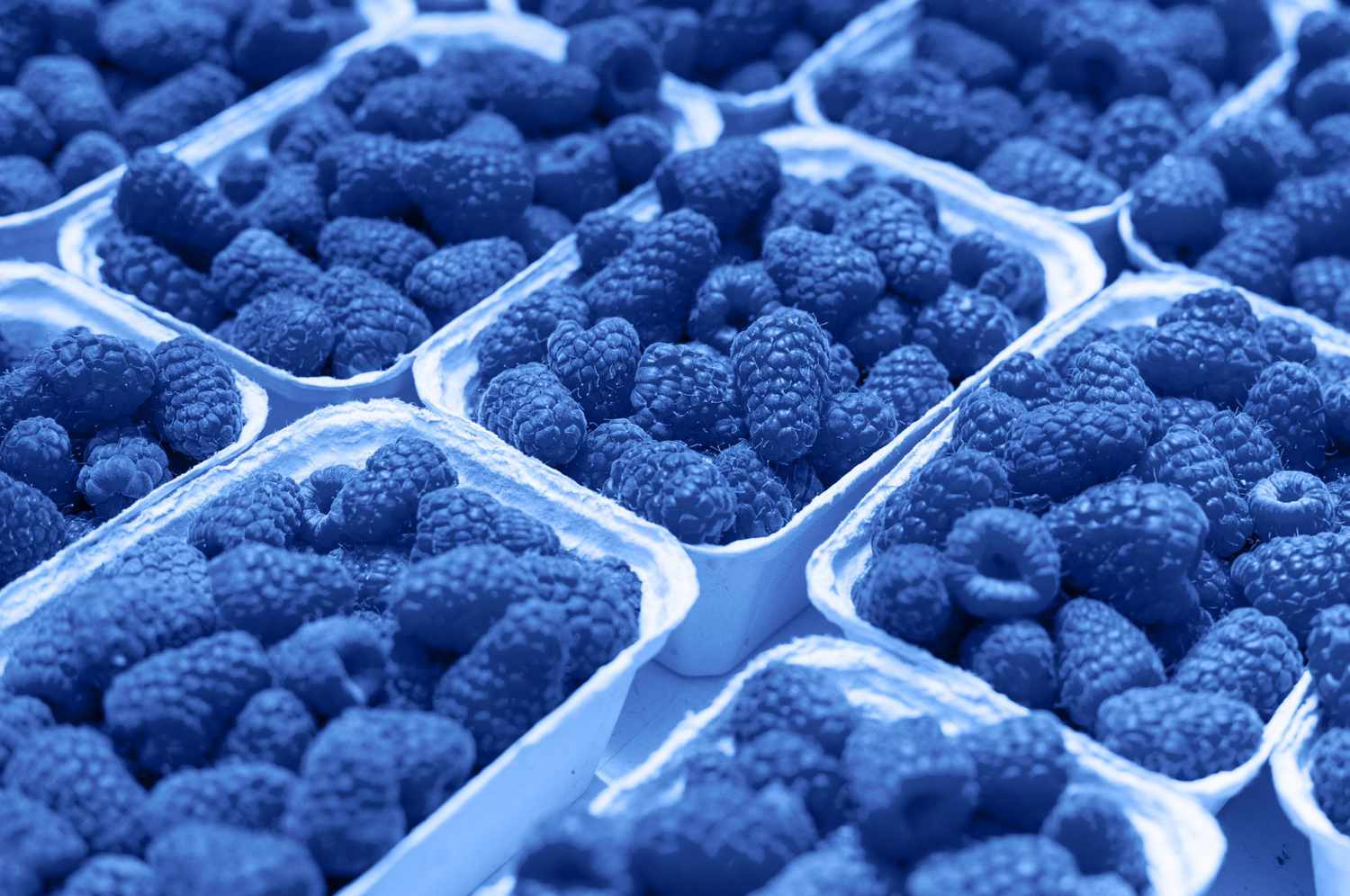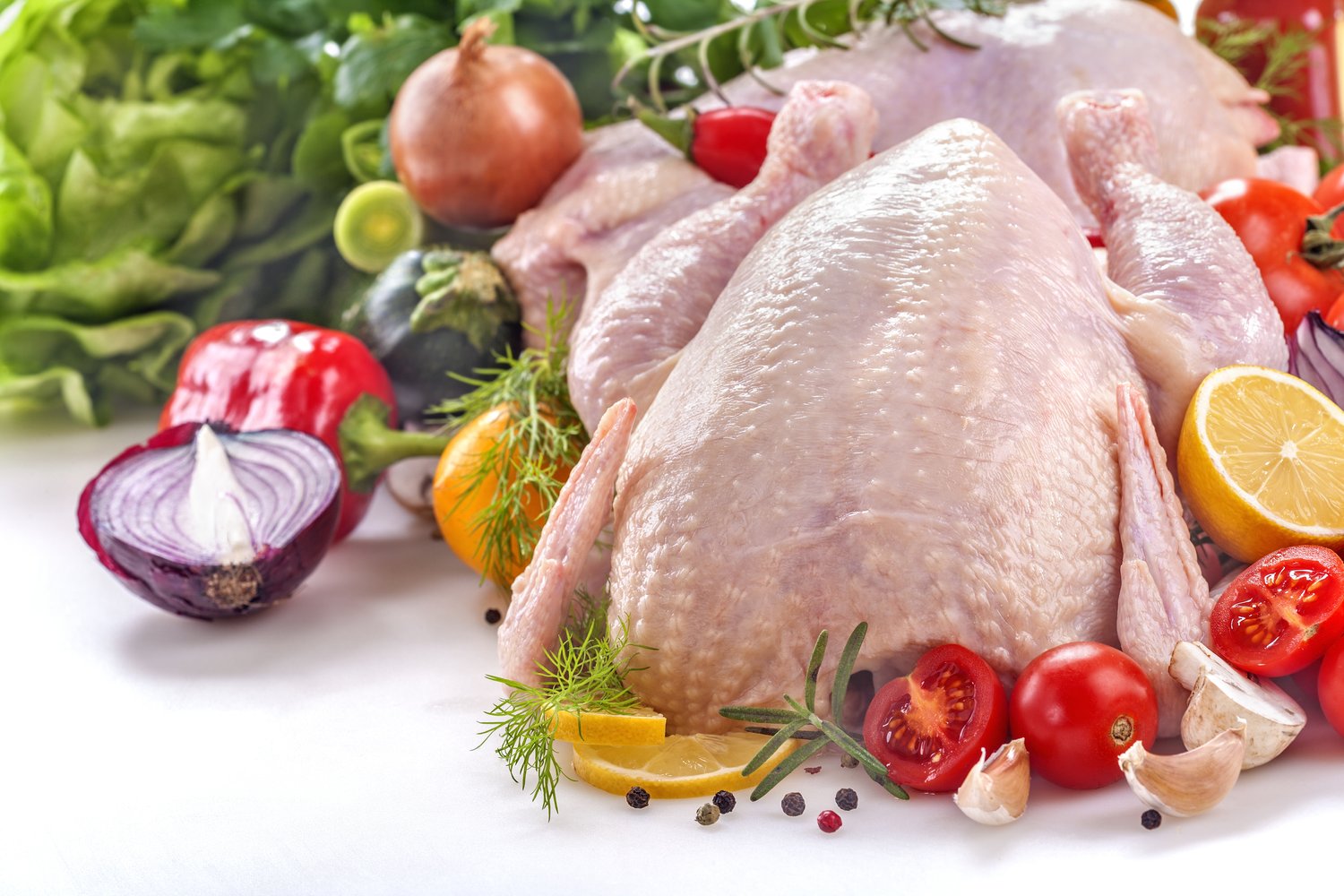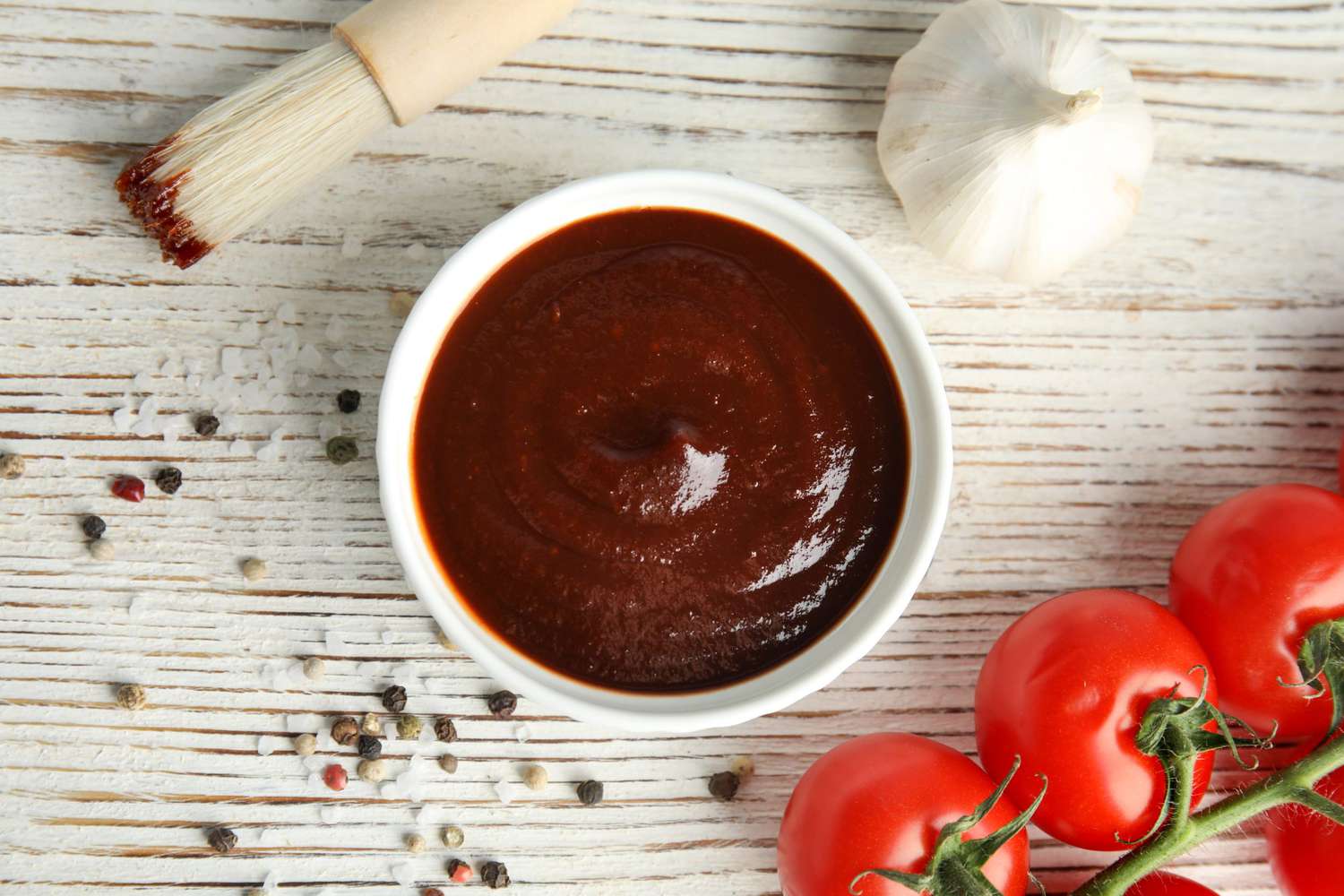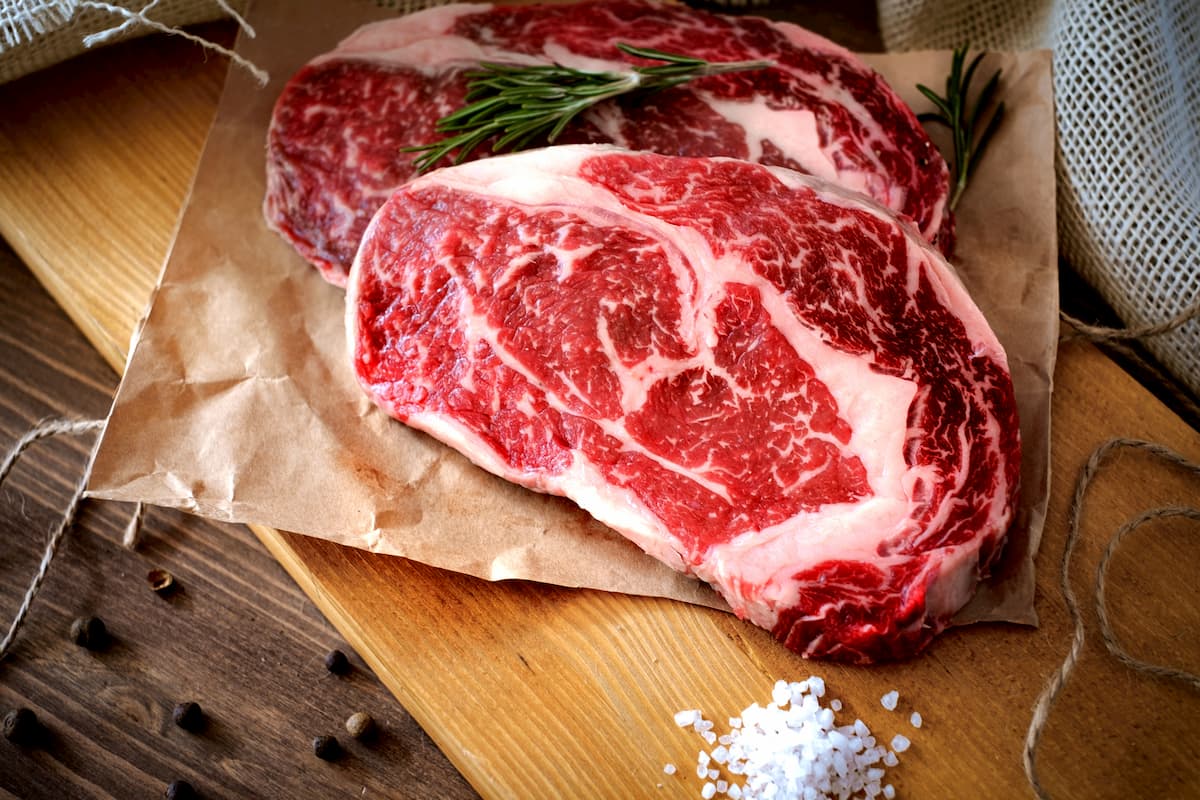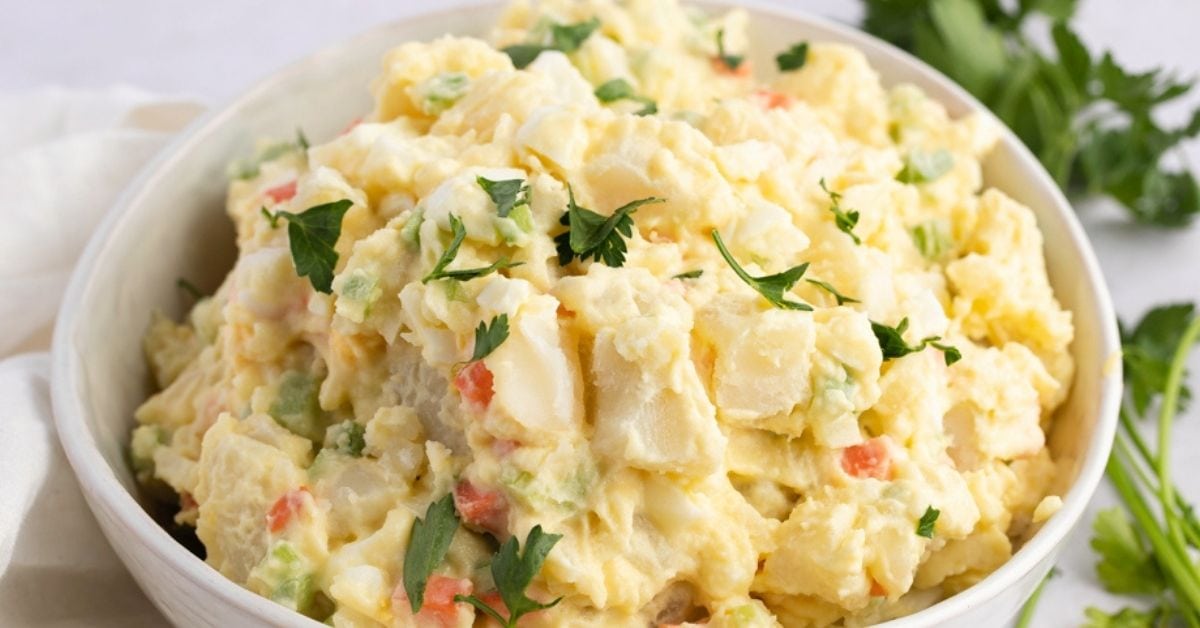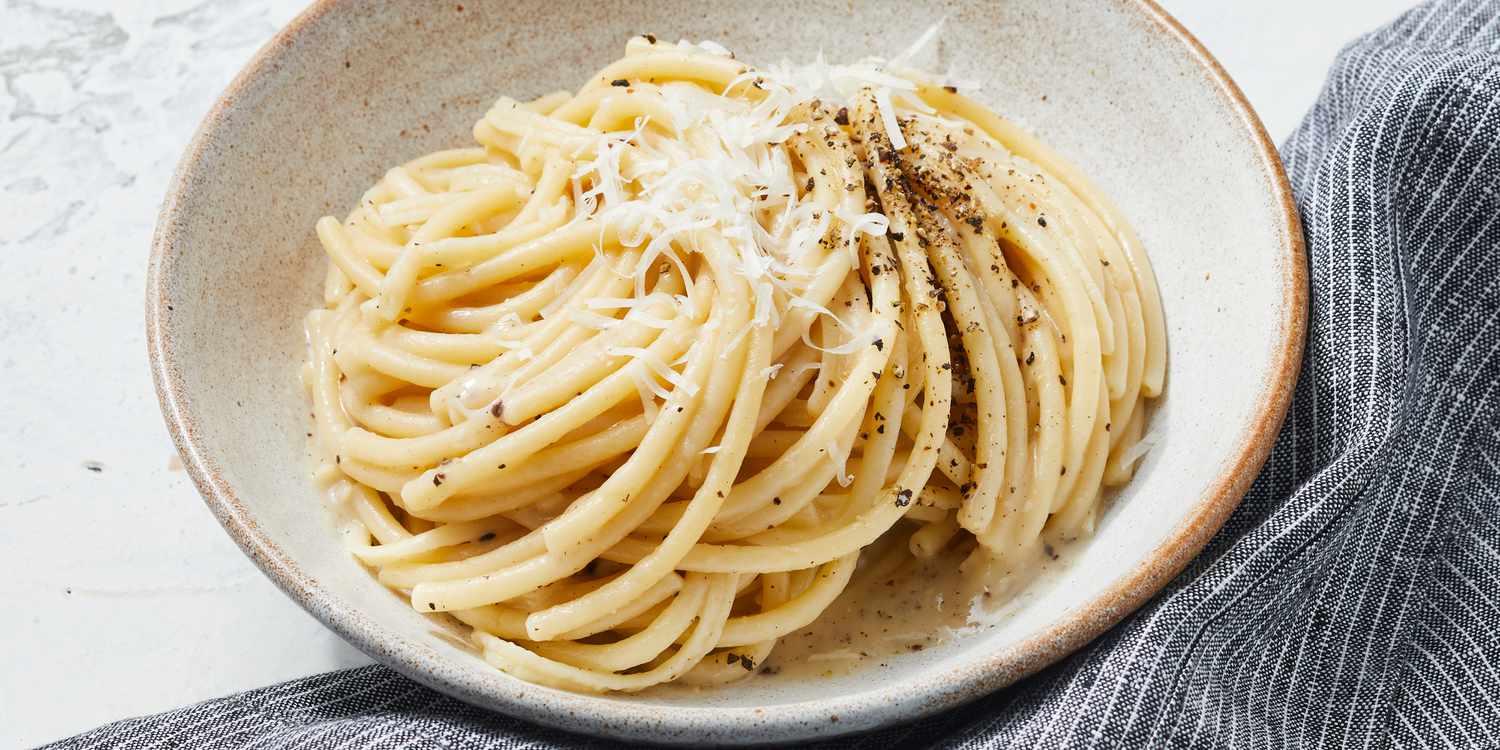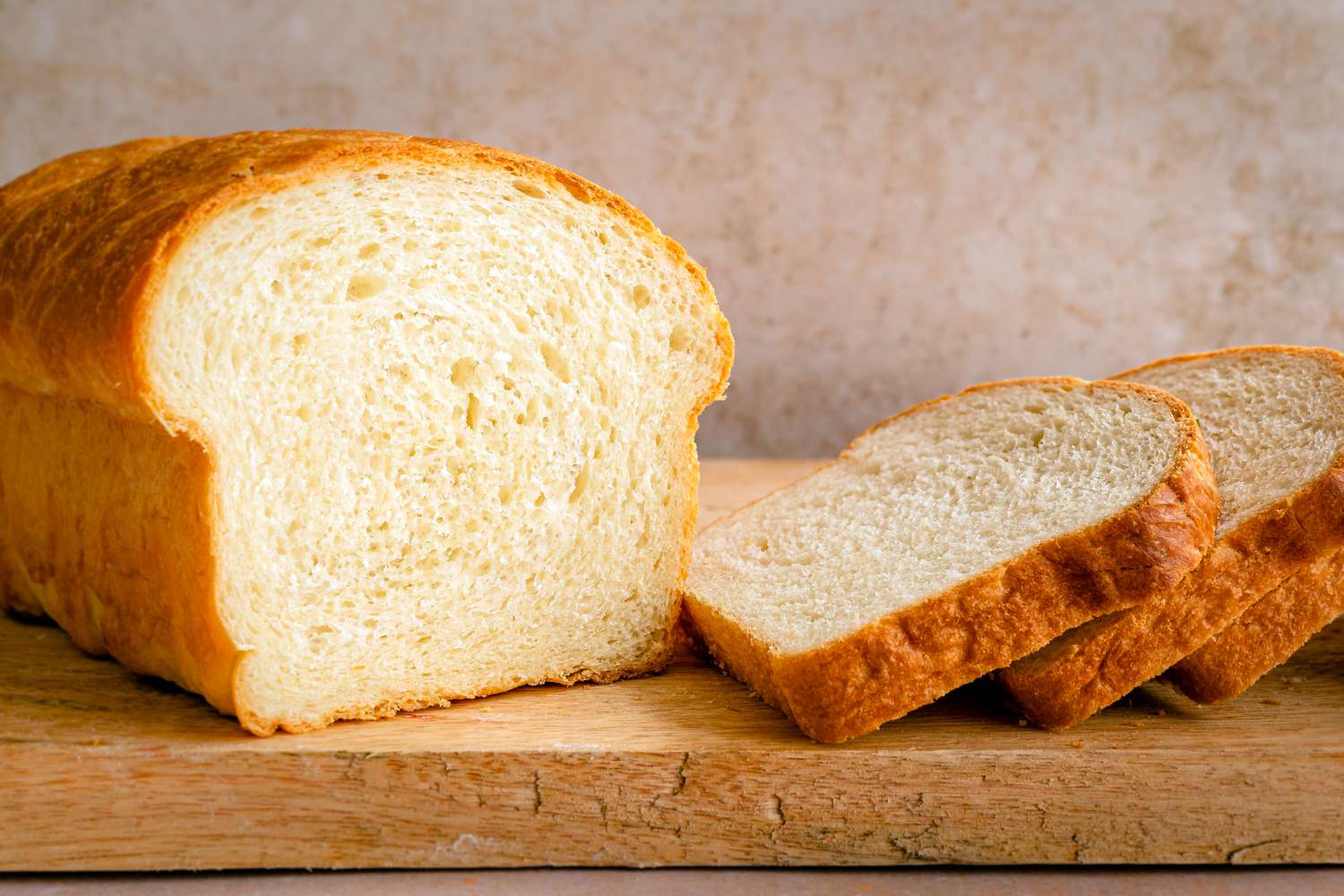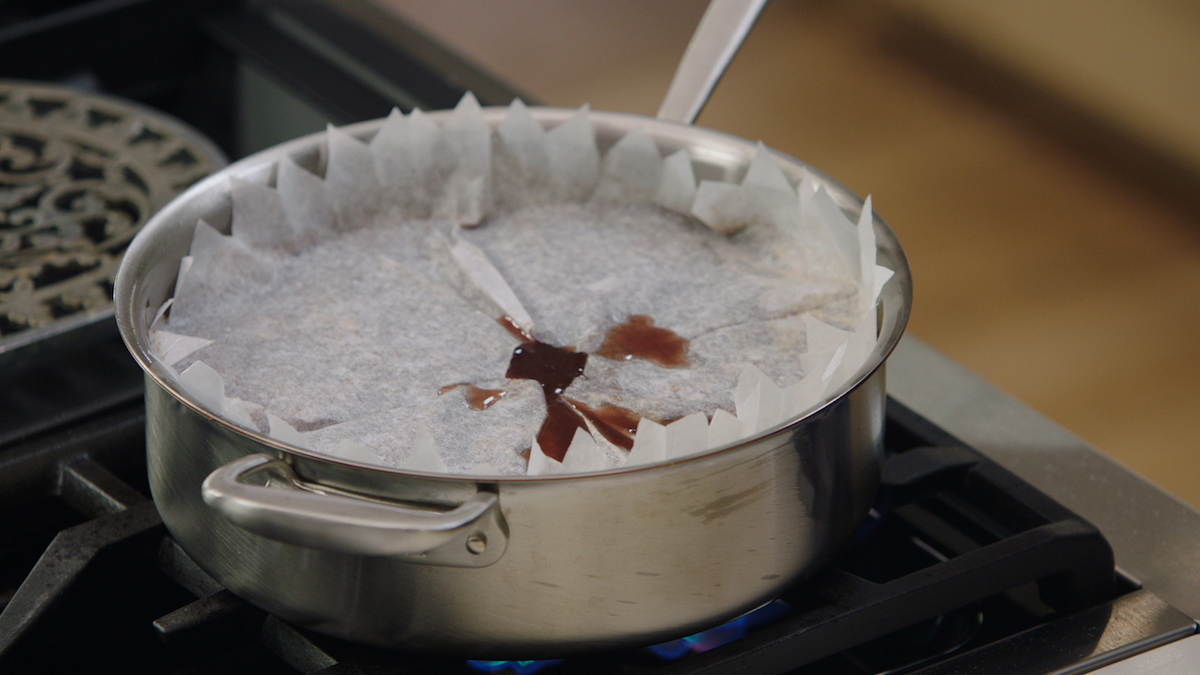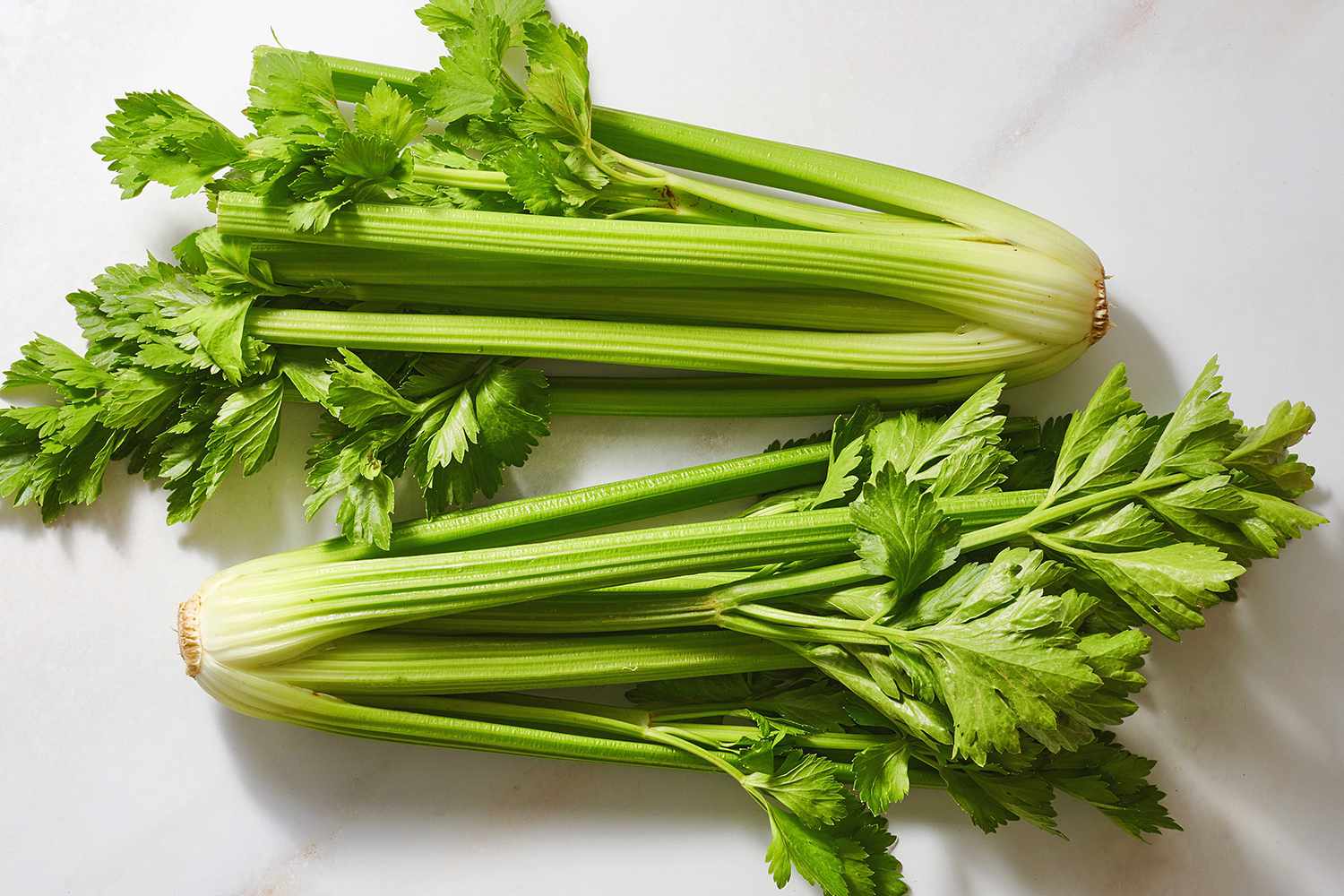Understanding Bulgur: A Nutritious and Versatile Grain
When it comes to healthy and delicious grains, bulgur is a popular choice for many people. But what exactly is bulgur made of, and why is it such a versatile ingredient in the kitchen? Let’s take a closer look at this nutritious grain and explore its origins, nutritional benefits, and culinary uses.
What Is Bulgur?
Bulgur is a whole grain that is made from cracked wheat kernels that have been parboiled, dried, and then cracked into different sizes. It is a common ingredient in Middle Eastern, Mediterranean, and Indian cuisines, where it is used in a variety of dishes, including salads, pilafs, and soups.
The Making of Bulgur
The process of making bulgur begins with soaking the wheat kernels, then partially cooking them. After the kernels are dried, they are cracked into various sizes, which determines the texture of the final product. This process helps to retain the nutritious bran and germ of the wheat, making bulgur a rich source of fiber, protein, and essential nutrients.
Nutritional Benefits of Bulgur
Bulgur is a nutrient-dense grain that offers a range of health benefits. It is a good source of fiber, which supports digestive health and helps to keep you feeling full and satisfied. Additionally, bulgur is rich in vitamins and minerals, including iron, magnesium, and B vitamins, which are essential for overall health and well-being.
One of the key benefits of bulgur is its low glycemic index, which means that it has a minimal impact on blood sugar levels. This makes it an excellent choice for individuals looking to manage their blood sugar and maintain steady energy levels throughout the day.
Culinary Uses of Bulgur
Bulgur is a versatile ingredient that can be used in a wide range of dishes. It has a nutty flavor and a chewy texture, making it a great addition to salads, pilafs, and stuffings. It can also be used to make tabbouleh, a refreshing Middle Eastern salad that features bulgur, tomatoes, cucumbers, and fresh herbs.
When cooking with bulgur, it’s important to note that different sizes of bulgur require different cooking times. Fine bulgur cooks quickly and is ideal for tabbouleh and other salads, while medium and coarse bulgur may require longer cooking times and are better suited for pilafs and hearty soups.
In Conclusion
Bulgur is a nutritious and versatile grain that offers a range of culinary and health benefits. Whether you’re looking to add more whole grains to your diet or experiment with new and exciting recipes, bulgur is a fantastic ingredient to have in your pantry. Its nutty flavor, chewy texture, and impressive nutritional profile make it a valuable addition to any kitchen.
So, the next time you’re planning a meal, consider incorporating bulgur into your menu. From savory pilafs to refreshing salads, this ancient grain is sure to add a delicious and nutritious twist to your culinary creations.
Was this page helpful?
Read Next: What Is Apple Cake Recipe

